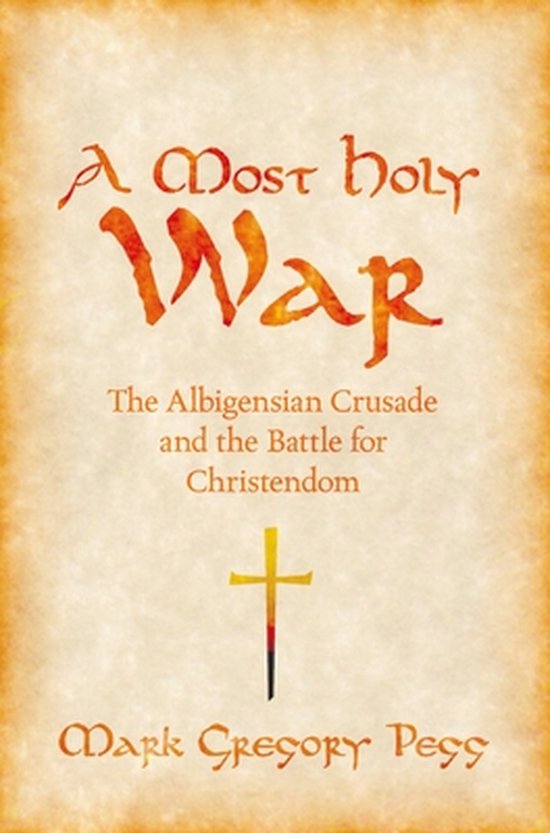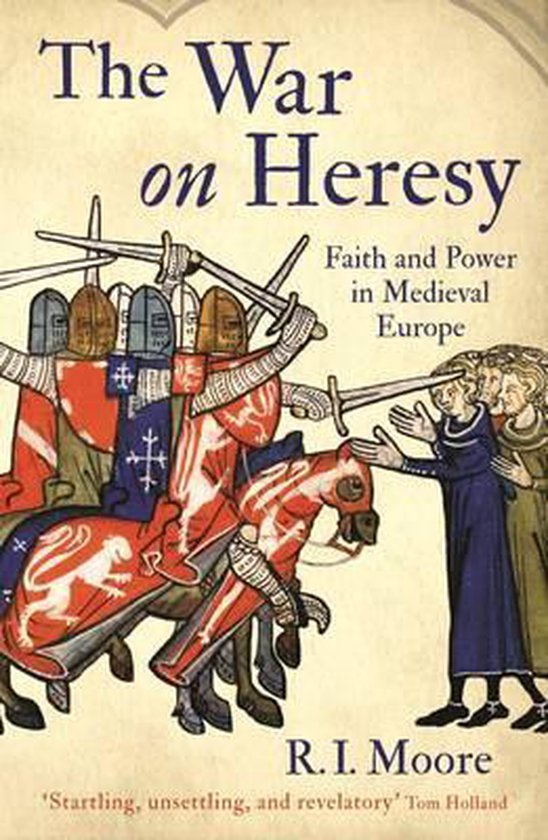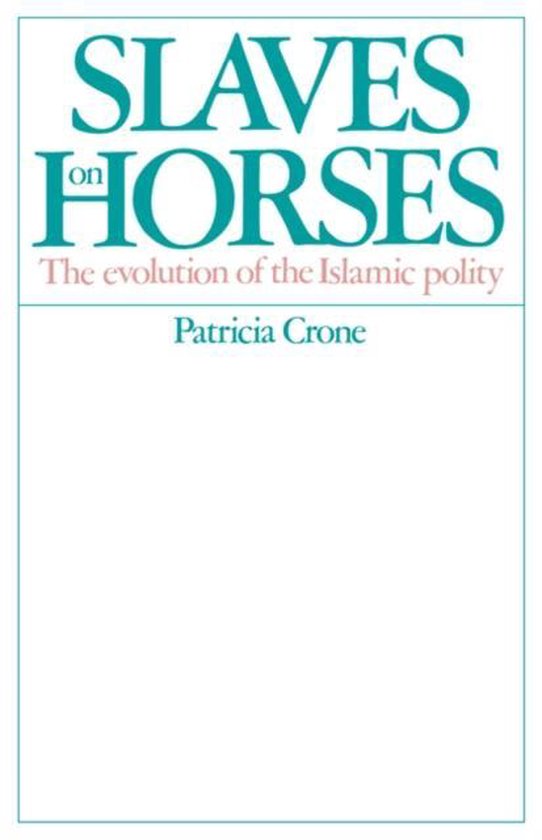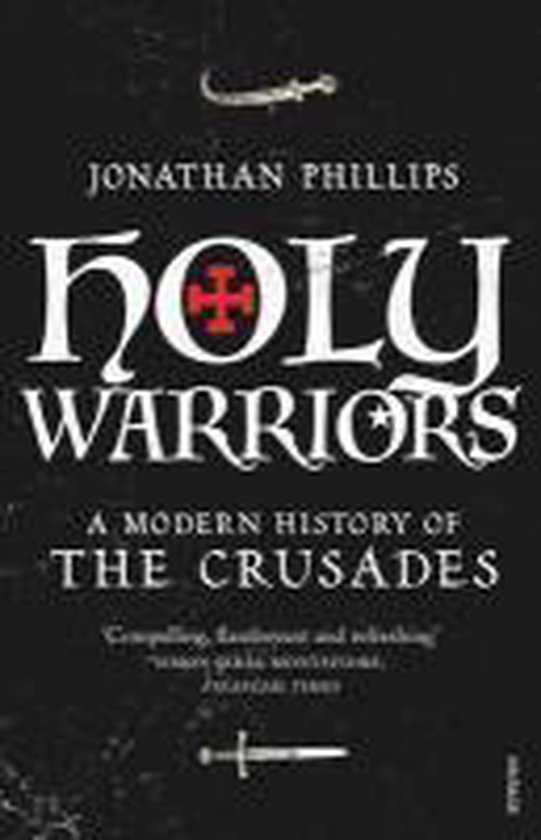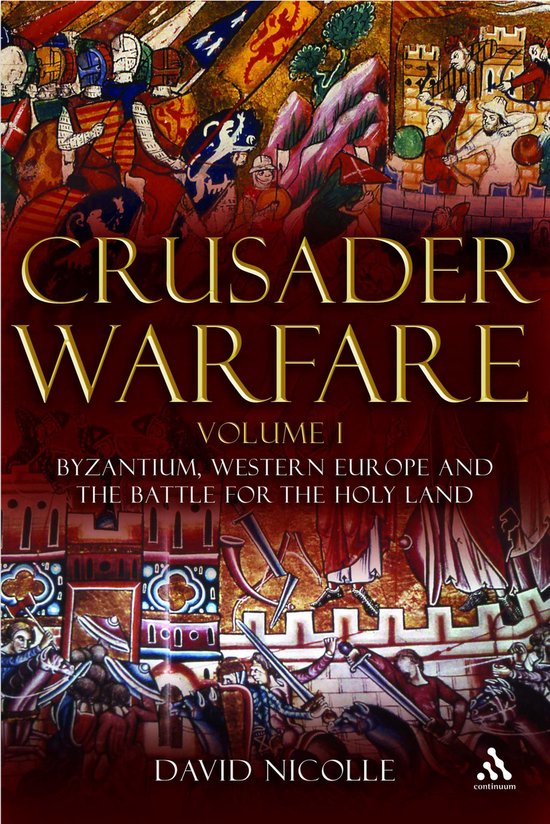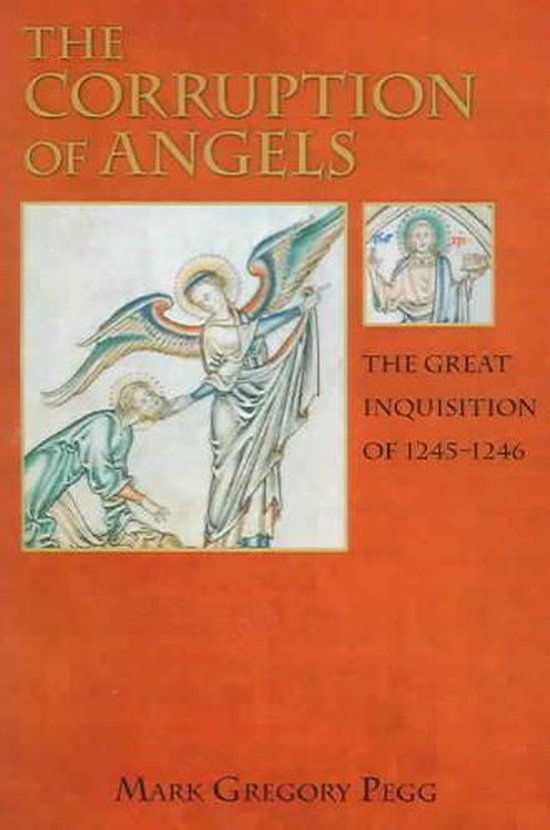
The Corruption of Angels
Explores what the interrogations reveal about the individual and communal lives of those interrogated and how the interrogations themselves shaped villagers' perceptions of those lives. This book shows how heretical and orthodox beliefs flourished side by side and what life was like in one particular time and place.
On two hundred and one days between May 1, 1245, and August 1, 1246, more than five thousand people from the Lauragais were questioned in Toulouse about the heresy of the good men and the good women (more commonly known as Catharism). Nobles and diviners, butchers and monks, concubines and physicians, blacksmiths and pregnant girls--in short, all men over fourteen and women over twelve--were summoned by Dominican inquisitors Bernart de Caux and Jean de Saint-Pierre. In the cloister of the Saint-Sernin abbey, before scribes and witnesses, they confessed whether they, or anyone else, had ever seen, heard, helped, or sought salvation through the heretics. This inquisition into heretical depravity was the single largest investigation, in the shortest time, in the entire European Middle Ages. Mark Gregory Pegg examines the sole surviving manuscript of this great inquisition with unprecedented care--often in unexpected ways--to build a richly textured understanding of social life in southern France in the early thirteenth century. He explores what the interrogations reveal about the individual and communal lives of those interrogated and how the interrogations themselves shaped villagers' perceptions of those lives. The Corruption of Angels, similar in breadth and scope to Emmanuel Le Roy Ladurie's Montaillou, is a major contribution to the field. It shows how heretical and orthodox beliefs flourished side by side and, more broadly, what life was like in one particular time and place. Pegg's passionate and beautifully written evocation of a medieval world will fascinate a diverse readership within and beyond the academy.
On two hundred and one days between May 1, 1245, and August 1, 1246, more than five thousand people from the Lauragais were questioned in Toulouse about the heresy of the good men and the good women (more commonly known as Catharism). Nobles and diviners, butchers and monks, concubines and physicians, blacksmiths and pregnant girls--in short, all men over fourteen and women over twelve--were summoned by Dominican inquisitors Bernart de Caux and Jean de Saint-Pierre. In the cloister of the Saint-Sernin abbey, before scribes and witnesses, they confessed whether they, or anyone else, had ever seen, heard, helped, or sought salvation through the heretics. This inquisition into heretical depravity was the single largest investigation, in the shortest time, in the entire European Middle Ages. Mark Gregory Pegg examines the sole surviving manuscript of this great inquisition with unprecedented care--often in unexpected ways--to build a richly textured understanding of social life in southern France in the early thirteenth century. He explores what the interrogations reveal about the individual and communal lives of those interrogated and how the interrogations themselves shaped villagers' perceptions of those lives. The Corruption of Angels, similar in breadth and scope to Emmanuel Le Roy Ladurie's Montaillou, is a major contribution to the field. It shows how heretical and orthodox beliefs flourished side by side and, more broadly, what life was like in one particular time and place. Pegg's passionate and beautifully written evocation of a medieval world will fascinate a diverse readership within and beyond the academy.
| Auteur | | Mark Gregory Pegg |
| Taal | | Engels |
| Type | | Paperback |
| Categorie | | Religie, Spiritualiteit & Filosofie |
